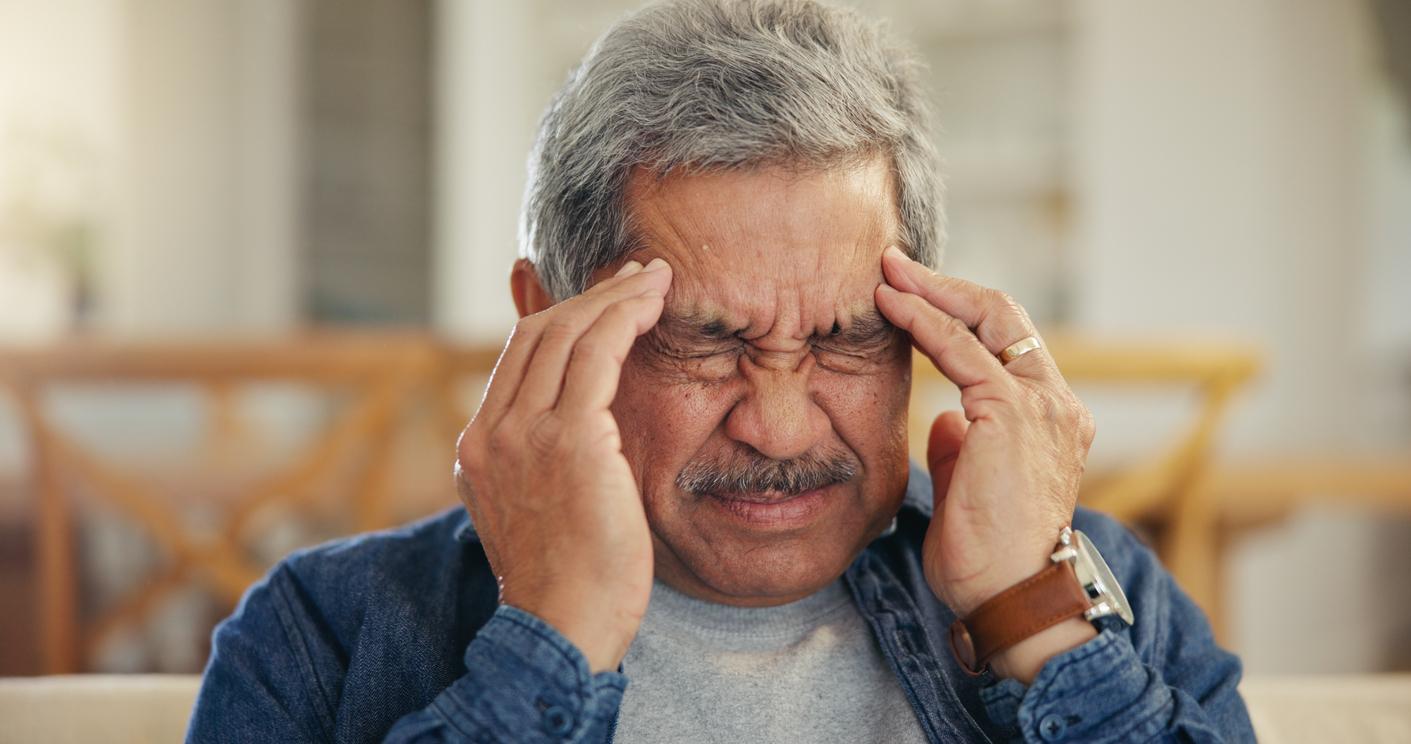People who have received a single dose of vaccine against Covid-19 but who have already been infected with the virus would be more protected than others against SARS-CoV-2 variants.
-1619871384.jpg)
- In patients who have already contracted Covid-19, even those who have developed a mild or asymptomatic form of the disease, are protected against the variants after having received a single dose of the vaccine.
- However, this is not the case for people who have never been infected. Hence the need to carry out his vaccination booster with a second dose.
“Our results show that people who have received their first dose of vaccine and who have not been previously infected with SARS-CoV-2, are not fully protected against circulating variants, assures Professor Rosemary Boyton, who led a study that has just been published in the journal Science. This study underlines the importance of the injection of the second dose of the vaccine to protect the population.“ During their work, the researchers analyzed the immune responses of patients from two hospitals located in the United Kingdom after they received a first dose of the Pfizer vaccine. According to them, after a single injection, people who had already had even mild or asymptomatic Covid-19 infection had better protection against the English and South African variants, on which the scientists worked. Conversely, those who had never been affected by the virus had a weaker immune response and were therefore more at risk of being contaminated by these variants. The researchers point out that their results certainly apply to other variants, such as Brazilian or Indian.
Antibodies and lymphocytes increase after the first injection
To achieve these results, the scientists analyzed the blood samples of these English patients. The aim was to quantify the levels of antibodies, proteins and white blood cells developed after a first vaccine injection. More specifically, it was the Y-shaped protein that participates in the neutralization of the virus, as well as B and T lymphocytes, white blood cells that participate in the body’s immune defense by allowing it to recognize and destroy the virus if it is infected again. Thus, after a first dose of Pfizer, the level of antibodies and lymphocytes had increased significantly in patients who had already been ill, which protected them against the variants. On the other hand, in people who had never contracted SARS-CoV-2, this first dose of vaccine had led to a drop in the levels of antibodies specific to SARS-CoV-2 and its variants, which made them more vulnerable – and therefore more at risk of being infected – in the event of contact with the variants of the virus.
A second injection necessary to be protected from variants
“At a time when the outlook is improving in most countries with large vaccination campaigns, this study reminds us of the need to be vigilant about the threat of variants, says Professor Danny Altmann, one of the study’s authors. Most people vaccinated in the UK only received one dose. Although we know it already offers very good protection against the original virus, our data suggests that it leaves people vulnerable to variants.“ A concern already raised on April 15 by Albert Bourla, the president and chief executive officer (CEO) of Pfizer. In statements made public by the CNBC channel, he announced the possibility of a third injection and a booster each year to strengthen immunity. “A plausible hypothesis is that a third dose will probably be needed, between six months and twelve months, and from there there will be vaccination again every year, but all this must be confirmed.
In France, 14,601,130 people received at least one dose of vaccine and 6,115,998 were completely vaccinated according to the epidemiological point of Public Health France published on April 29.

















